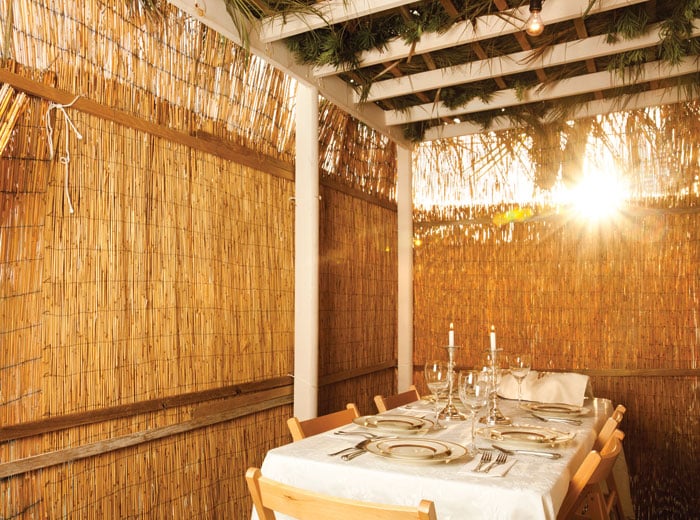
I have dear friends in the Reform movement. There’s so much about the movement that I admire and value (besides the fact that many of our readers belong to Reform synagogues). Untold number of American Jews would have zero connection to their Judaism if it weren’t for the tolerant and loving embrace of Reform Jewry.
It’s well known, however, that the movement, the largest denomination in the Jewish world, has been in decline. To its credit, the leadership went public with its challenges this past summer by convening thought leaders, Jewish scholars and philanthropists to a “Re-Charging Reform Judaism” conference in New York City.
“In this historic moment of unprecedented change, the future of North American Reform Judaism hangs in the balance,” the conference announced on its website. “Built upon the pillars of God, Torah and Israel, that foundation today faces growing challenges.”
In one form or another, the challenges revolve around the perennial and interrelated issues of Jewish identity and continuity. This is the meta question for all of Judaism: For a people that has survived against all odds for thousands of years, how do we strengthen Jewish identity to keep our miraculous story going?
But not all Jewish identities are created equal; some are more specific than others.
The paradox of the Reform movement is that its very strength– emphasizing universality— has diluted the particularity that’s more likely to create deep and lasting bonds to one’s Jewish identity.
The vexing truth is that it’s hard for Jewish particularity to compete with such compelling universal values as social justice and making the world a better place. Who needs to light Shabbat candles when you’re already doing supremely meaningful work like feeding the homeless?
In a sense, the Reform movement is a victim of its success. It has done such a great job of connecting God and Torah to the broader values of humanity, it has fostered a kind of Judaism lite without enough Jewish concentrate in the juice of identity. In the balance between universality and particularity, perhaps the balance has swung too far towards the former.
One way to correct that imbalance is to put a greater emphasis on uniquely Jewish rituals— and for that, there’s nothing like the eclectic festival of Sukkot.
Indeed, this is one of the quirkiest of Jewish holidays, if for no other reason that we’re supposed to build these frail little huts next to our homes where we have our holiday meals. When non-Jews see Jewish families leave their homes to have their meals inside a hut that could have come from the set of Gilligan’s Island, it must surely look weird.
But that weirdness comes with an upside— because the ritual is so specifically Jewish, it makes you really feel your Jewish identity. Between the universal and the particular, having meals inside a rickety hut clearly tilts towards the particular.
Uniquely Jewish rituals like building a sukkah, in other words, can give Jews real skin in the game.
It’s worth noting that in recent years, there has been a revival of rituals within the Reform movement. The Reformjudaism.org website, for example, gives a full explanation of Sukkot rituals and encourages members to attend communal meals inside the sukkah at their synagogue.
Of course, there’s nothing like building your own. Yes, that is asking a lot, which is precisely the point. The more effort one puts in, the more connection one gets back.
One my favorite teachings came from my friend Rabbi Nachum Braverman: “You don’t give to someone because you love them; you love them because you give to them.” Building a sukkah is a dramatic way to give to your Judaism, and the more you give, the more you’ll love.
As with so much in Judaism, there are universal connections. As Rabbi Bradley Shavit Artson writes this week in his “Soul of Sukkot” story, “On this Festival of Booths, we built shelters that are simultaneously frail and resilient, reflecting the existential reality of human life and community… the need of the hour is to articulate a Jewish understanding of why engagement with the world is an essential component of religious life.”
The Reform movement has led the Jewish world in showing us how “engagement with the world is an essential component of religious life.” But now that its future hangs in the balance and it wants to recharge, there’s an opportunity to strengthen Jewish identity through the concrete and the particular. Maybe it’s time for this influential movement to boldly challenge its flock to embrace the uniquely Jewish rituals of our tradition. The idea is to reinforce the movement, not just repair the world.
If it succeeds, it will end up recharging all of Judaism.








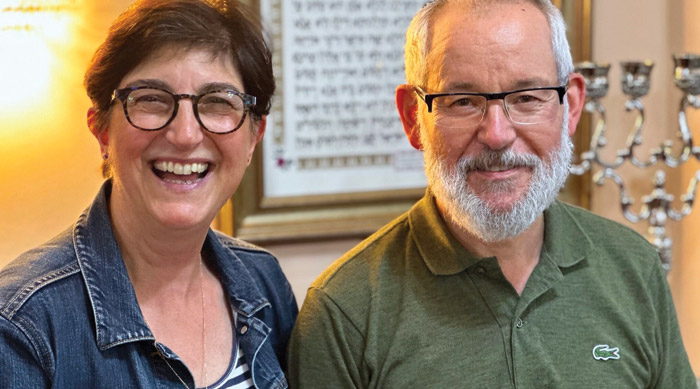

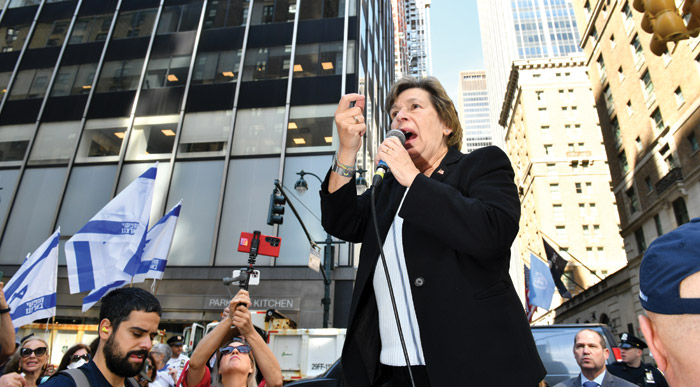
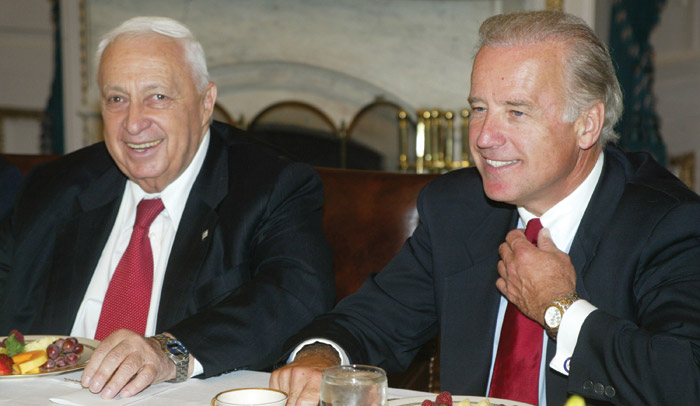
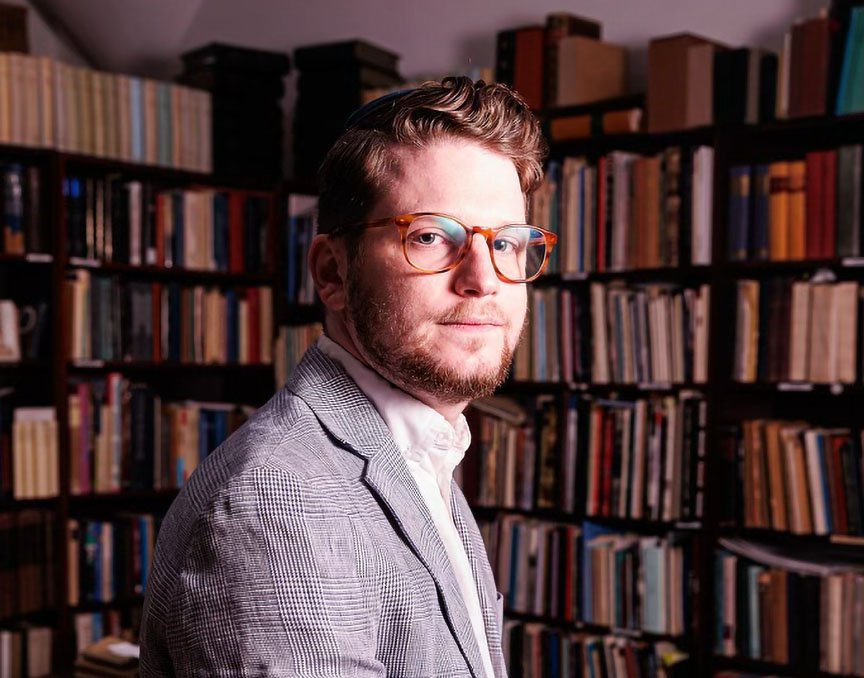

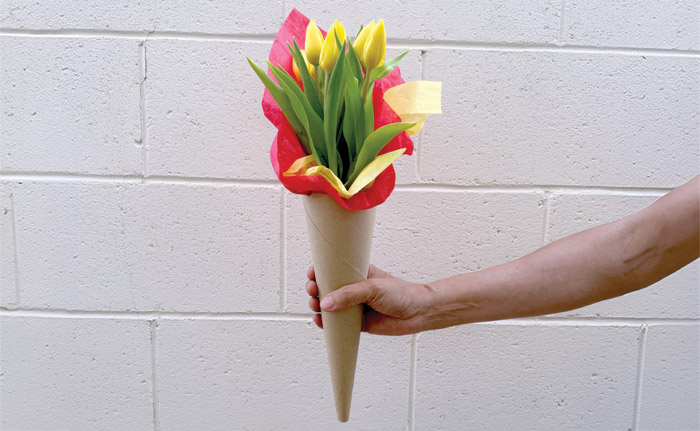
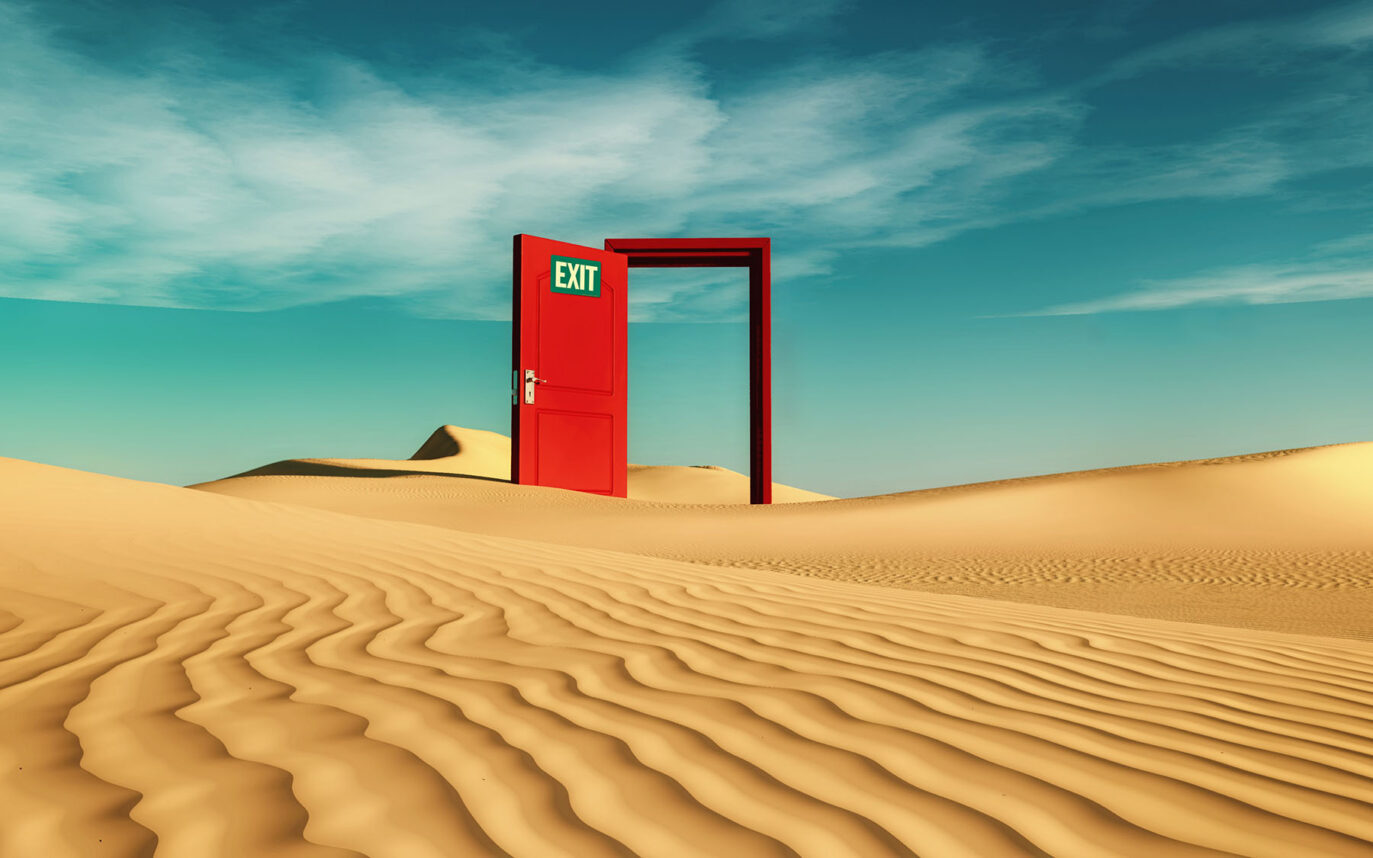




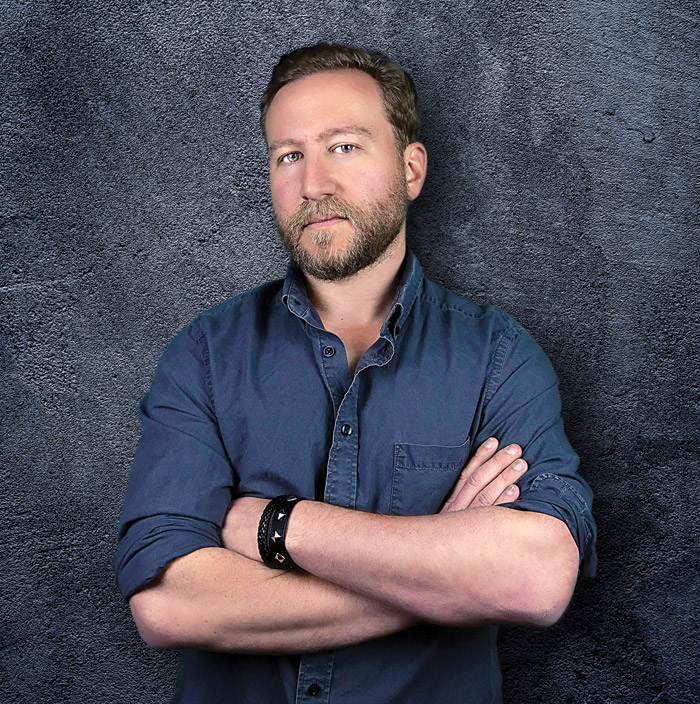
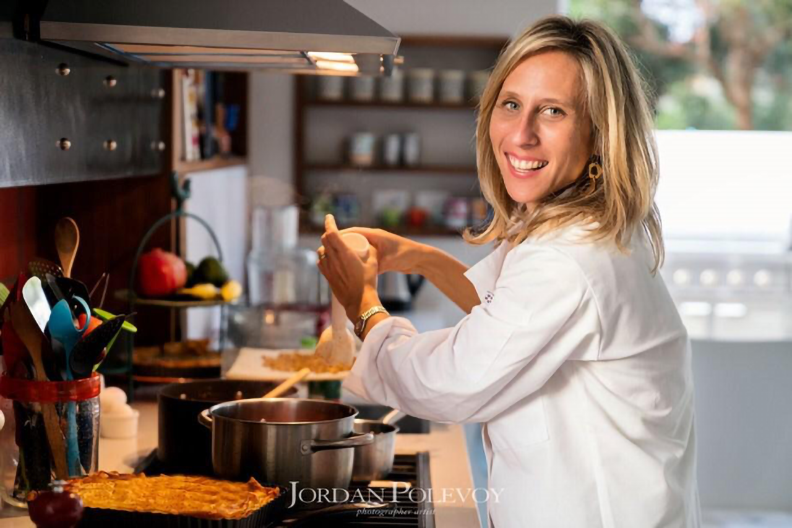
 More news and opinions than at a Shabbat dinner, right in your inbox.
More news and opinions than at a Shabbat dinner, right in your inbox.